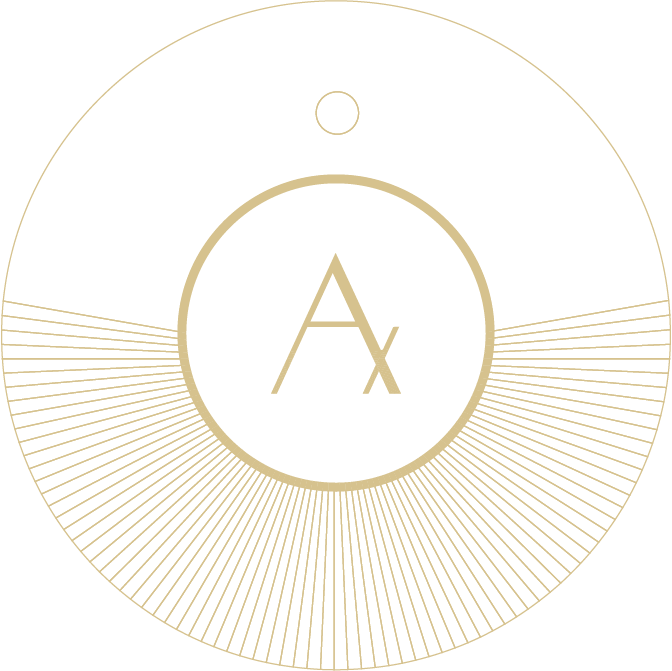How to Regulate Sleep and Help Insomnia
By Dr. Matthew Fellner, DACM, L.Ac.
If you’re reading this blog and it’s 3AM and you can’t fall asleep, may I point out the fact that March is national sleep month. Considering this, it seems appropriate to share how acupuncture can help anyone suffering with Insomnia. According to www.sleepfoundation.org, up to 30% of Americans suffer from chronic insomnia. There are 3 questions that I'll review to help those trying to function normally while sleep deprived.
1. Why can’t I get a proper amount of sleep every night?
2. Why is it so important to get a good night’s sleep?
3. How can I ensure that I do get a good night’s sleep?
Question #1
There are usually two main reasons why people can’t sleep soundly. This does not account for every circumstance, but in today’s world it should resonate with most people. Stress & Noise.
Stress: Studies have shown that continuous stress causes insomnia, as well as chronic pain & inflammation, weight gain, poor circulation due to increased blood clotting, fatigue, depression, anxiety, and susceptibility to stroke, heart disease, and cancer. You probably have read Emily Reimann’s insightful article from last month on how acupuncture can improve sexual health. She succinctly described the way that stress leads to sexual dysfunction. The same process leads to insomnia. When the body is repeatedly exposed to stressors, it gets stuck in the “fight or flight” overactive sympathetic response. It has a stimulant effect, because the body needs to decide whether it is crucial to stay and fight, or to flee as fast as possible. It makes it significantly harder to reverse course and activate the “rest & digest”, or parasympathetic response. This leads to the litany of health problems that I mentioned earlier.
Noise: We are constantly bombarded with ads, messages, DM’s, dings, videos, texts, WiFi, cellular waves, radio waves, etc. When does our brain have time to unwind? All electronics and similar mental outlets have a stimulant effect on the brain. It forces you to process millions of bits of information, whether you are paying attention or not. Having a quiet refuge from these disrupters is crucial to ensuring a good night’s sleep.
Question #2
Why is it so important to get a good night’s sleep? I’m going to answer this with a simple math equation. Repeated exposure to stress + Inability to conserve energy = Poor health
Stress, by itself, does not cause disease. It needs an opportunistic environment to take advantage of areas of weakness. That environment is much more susceptible to disease when we don’t conserve energy properly. Conservation allows us to store energy and maintain a reserve that can be used whenever we most need it. Without conserving energy, we run the risk of having a deficit that can have dramatic implications for our health, especially later in life.
Sleep is the best way to conserve energy.
We must provide our body with an environment that can adequately respond to the demands of a hectic society and lifestyle. The only way to do that is to balance the incessant stress and activity with “quiet time for the brain”. Sleep is the most obvious way to achieve that. We spend upwards of 8-9 hours a day shutting everything down so our body can recharge and regroup for the demands we put on it. More important than the number of hours is the quality. Not everyone needs the same amount of time, but when we sleep, we should fall asleep easily, stay asleep, and awake feeling refreshed. If we don’t, then stress is more likely to have a deleterious effect on our health, which negatively affects our sleep, and continues the cycle.
Question #3 – How can I ensure that I get a good night’s sleep?
For people who have difficulty sleeping I always recommend getting acupuncture. Acupuncture can counter the negative effects of stress by immediately allowing the body to enter “rest & digest” mode. Most people are surprised when they fall asleep on the table with needles in them, but it makes perfect sense. When the body wants to recharge and heal, it naturally needs to tone down the overactive sympathetic nervous system and enter the more calming state of parasympathetic “rest & digest”. Acupuncture facilitates that as quickly as any medication, with no side effects. I also use Chinese herbs when appropriate. Herbs need to be matched to a person’s individual presentation. Not every case of insomnia will require the same formula. But when the match is correct, the combination of herbs and acupuncture can have dramatic results.
Tips to help improve your sleep quality:
Turn off all electronic devices and don’t keep them anywhere near your head. Try an old-fashioned alarm clock
Do your best to get to bed at the same time every night to regulate your body.
Soak your feet in warm water for 10 minutes before bed. Then use a lavender essential oil (we have it available in the studio). Put 1 drop on each temple, 1 drop on each forearm about 2 inches up from where the palm and wrist meet, and 1 drop in the center of the chest.
Try this mindfulness exercise. Meditation is the other way to conserve energy.
Sit or lie quietly and pay attention to your breath
Inhale through the nose gently. Notice any tension in your body
Exhale through the nose gently and add 2 or 3 seconds to the exhale to make it longer than the inhale.
Exhale starting at your head and work your way down to your feet. If you lose your focus, it’s ok. Just keep coming back to your focal point which is your breath/body. That is the exercise. No winning or losing or failure, just be.
Book with Dr. Matt to find relief, or set up a complimentary phone consultation to learn if acupuncture and Chinese medicine can work for you.

